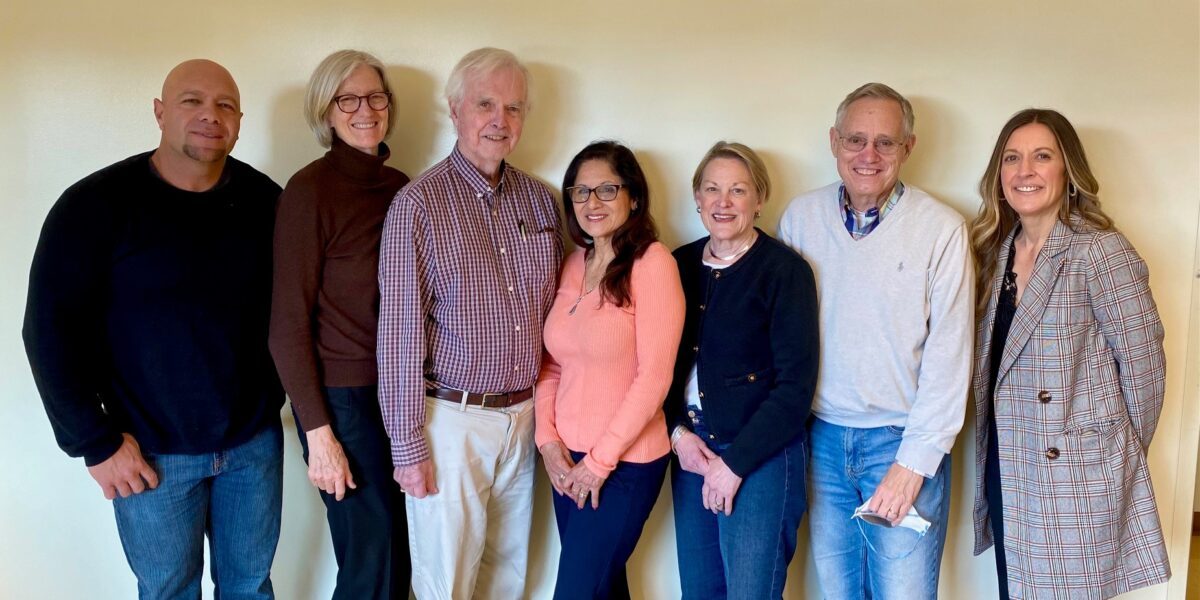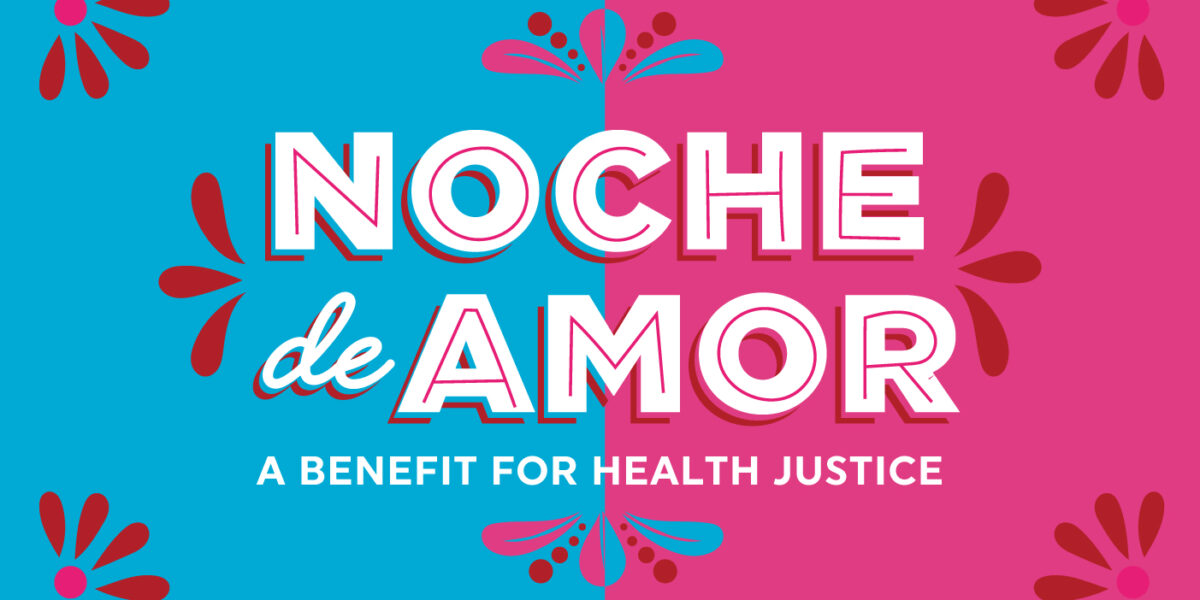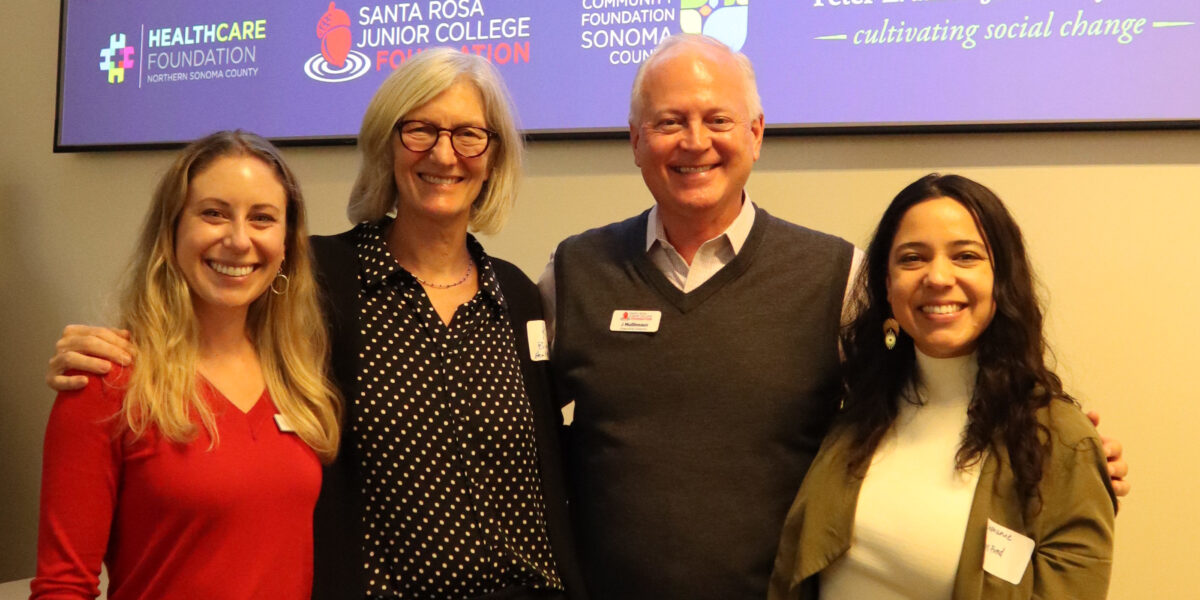
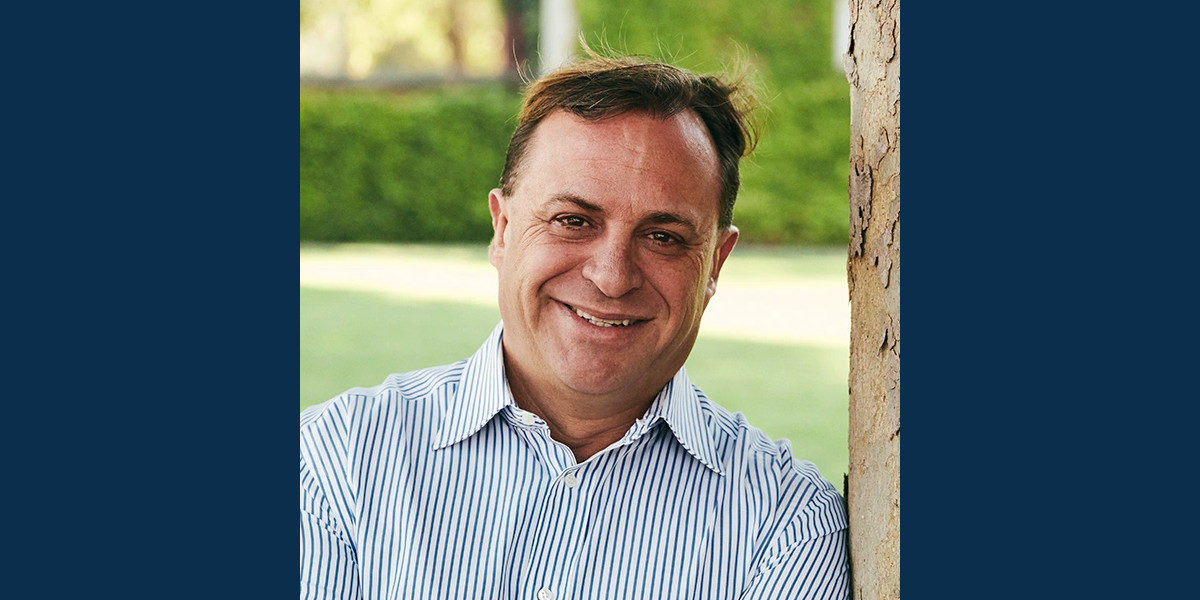
Community Partner Spotlight: John Jordan Foundation
The John Jordan Foundation has been a strong supporter of our Mental Health Talent Pipeline program. We spoke recently with its founder and chairman, John Jordan.
We were thrilled to catch up this month with John Jordan—founder and board chairman of the John Jordan Foundation, CEO of Jordan Vineyard & Winery (which helps to fund JJF’s work)—about the priorities and opportunities JJF has pursued over the last decade and more. The John Jordan Foundation, based in Healdsburg, supports initiatives to improve the quality of life for vulnerable communities, across Sonoma County and nationwide, while concentrating its impact in five areas: youth and family enrichment; education and career readiness; health and wellness; support for seniors; and compassionate aid to animals.
In keeping with this mission, JJF has been partnering with the Healthcare Foundation on mental health initiatives since 2017 and in particular is a supporter of the Healthcare Foundation’s Mental Health Talent Pipeline (MHTP) program. Launched in 2018, MHTP addresses the severe shortage of bilingual and bicultural mental health professionals serving northern Sonoma County’s Latinx communities by offering scholarships and other supports to bilingual, bicultural graduate students pursuing their master’s in counseling psychology with an eye to serving Spanish-speaking communities here in north county.
When it became clear, early on in MHTP’s pilot phase, that an effective local pipeline from graduate school to clinical practice would only succeed if there were an adequate number of paid traineeships available to graduate students in northern Sonoma County, JJF made possible the shoring up of this critical stage of the process. JFF supported two paid traineeships for MHTP students in 2021, resulting in the launch of traineeships in Cloverdale and Healdsburg that supported students and families with mental health services; and subsequent support in 2022 helped convert these into permanent positions for licensed therapists. The 2021 and 2022 grants from the John Jordan Foundation helped the Healthcare Foundation establish the effectiveness of local paid traineeships.
This keen grasp of, and attention to, the significant gaps in local systems of support and care is a hallmark of the approach taken by JJF, which in 2021 marked its first ten years in operation.
What was the vision and impetus behind the creation of the JJF in 2012 and how has it developed since then?
We’ve grown in our size and scope and in our financial commitment since 2012. And we’ve grown into different areas, including serving elderly folks, and caring for animals as well. What we try to do is identify various cracks in the system supporting disadvantaged communities, that includes old people, young people, families, abused mothers, people with chemical dependence, and it includes supporting mental health. We’re trying not to play follow-the-leader, but to find the overlooked communities—and the organizations that deal with overlooked aspects of community health and wellness. We’re trying to find where, with some support, we can make a real difference.
“We try, including in partnership with the Healthcare Foundation, to make sure we have bilingual mental health professionals for our Latino neighbors. Someone’s life can be changed by getting the right medication, or getting the right diagnosis at the right time.”
John Jordan, Founder, John Jordan Foundation
What are you most proud of accomplishing with JJF over the last decade?
Oh, it’s numerous things. We’re proud to be able to make a difference in people’s lives. Many of the organizations we support, not just in Sonoma County but around the country, share with us stories of how the trajectories of people’s lives have changed. This is everywhere from Mississippi to inner-city Chicago to Santa Rosa. It’s those heartwarming stories that really make it all worthwhile.
You have deep roots in Sonoma County, can you say something about its particular strengths and challenges from your perspective?
I live here, my business is here. Even though I have lived in other states, and in Southern California, I’ve lived here more than any other place. I love Sonoma County. I love my neighbors, I love the weather. But in many ways Sonoma County comes up short in terms of the amount of money that goes to nonprofits, given the amount of resources here. Sonoma County has a lot of resources.
Mental health access is a mutual concern of JJF and the HCF. Why is mental health access, including bilingual and bicultural mental health access, important to the JJF?
Mental health is at the core of a lot of societal ills. Mental health touches everything from school shootings to homelessness. This is a problem that manifests itself in a variety of different ways. And there are several different tiers of involvement that are needed to effectively deal with the mental health crisis. Part of the solution rests with government; part of it with the nonprofit sector; and part of it is people being aware of it and identifying it. We try, including in partnership with the Healthcare Foundation, to make sure we have bilingual mental health professionals for our Latino neighbors. Someone’s life can be changed by getting the right medication, or getting the right diagnosis at the right time.
Mental health is one of the areas where we think we have an enormous impact. The funny thing is it’s probably the hardest thing to measure because your successes are also what didn’t happen—people who didn’t end up in a homeless encampment; the school shooting that didn’t happen. You’ll never know exactly. But helping one or two people can make an enormous difference, because mental health affects so many lives beyond the individual.
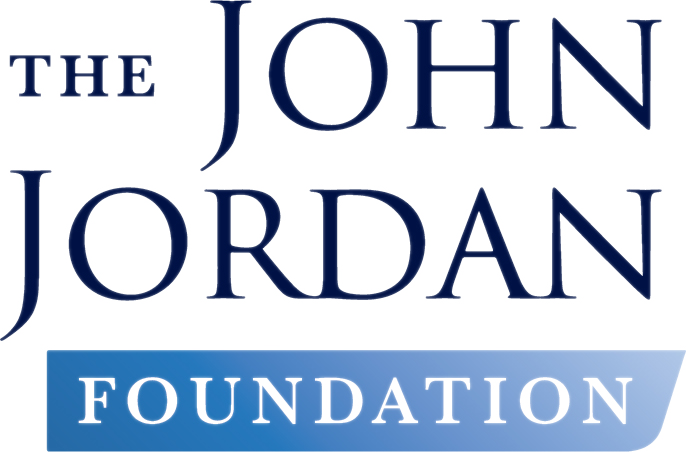

Related News + Stories
Invest in Our Community
Your support is vital to our collective vision of eliminating health inequities in northern Sonoma County.
Donate
